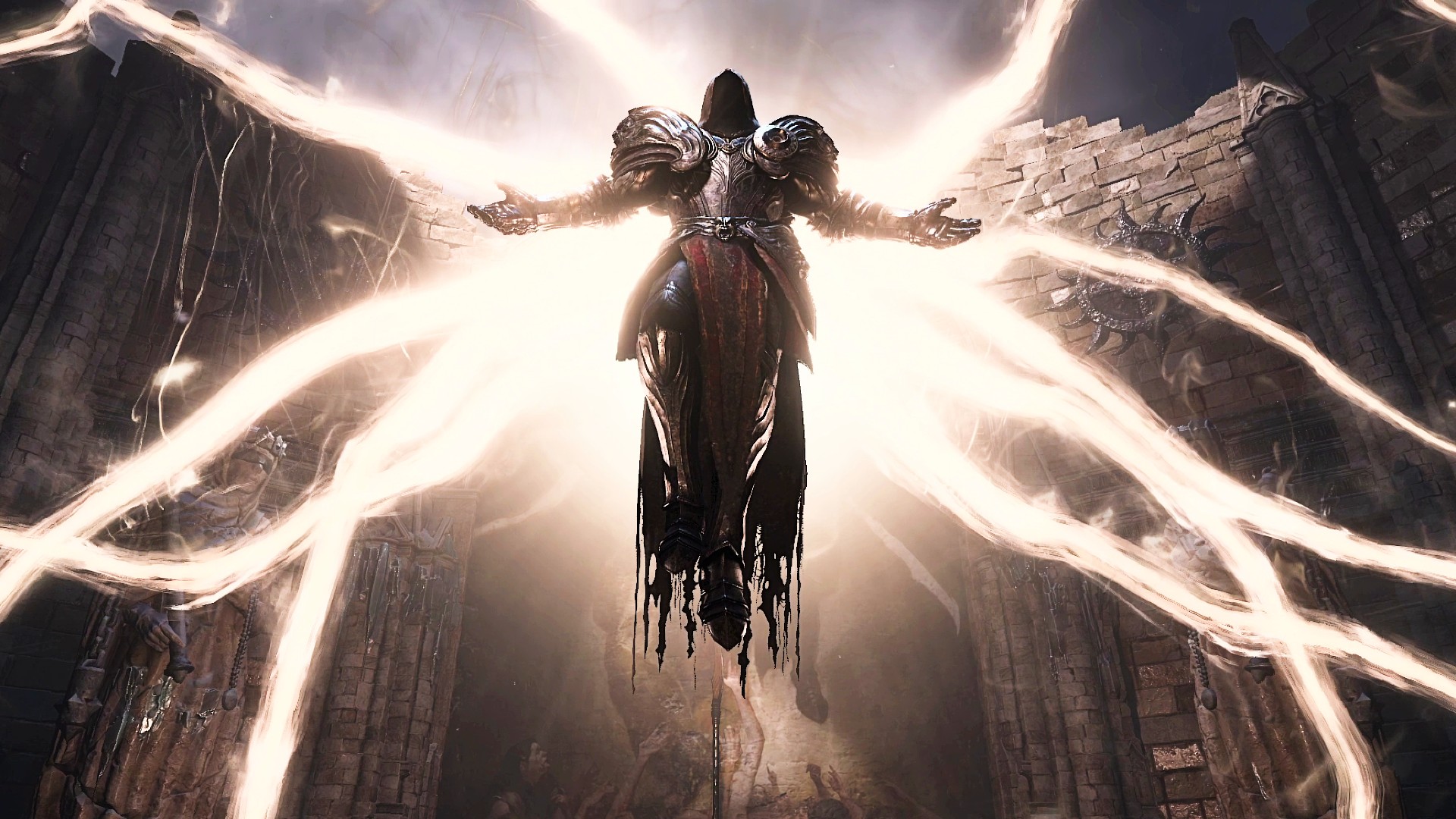Blizzard staff say mandatory return to office will hurt devs and drive many to quit: "I've never been as embarrassed by leadership"
Activision Blizzard's RTO policy sparks heated internal debate

Activision Blizzard has confirmed plans to bring employees back to the office for a minimum of three days a week beginning later this year, and following an apparently heated Q&A with president Mike Ybarra, Blizzard employees have spoken out against the policy and the harm they believe it would cause.
Game Developer spoke to several sources familiar with a recent internal Q&A led by Ybarra, in which the president reportedly downplayed a cut made to staff bonuses despite strong quarterly profits for the company, defended the employee stack-ranking system which contributed to the controversial firing of a WoW Classic lead just last month, and pushed the new RTO policy in a way some staff interpreted as an ultimatum suggesting they should simply leave if they don't want to go back to the office.
Many, many Blizzard employees have since taken to social media criticizing the mandatory return to office, which is a genuine surprise as such matters are usually handled almost entirely internally. Senior writer and narrative designer Justin Groot described it as a "wildly unpopular policy" which could drive many employees to leave the company.
"So many people have left during my time on the team that I can't even sign the Kudoboards any more," he said, referring to digital group cards sometimes sent to departing colleagues. "I hate the very sight of an email with 'Kudobard' in the title field."
"It's frustrating that leadership doesn't understand what a challenge it's been to pick up the pieces," he said in another tweet. "And now it seems like we're going to have another round of departures."
Dylan Snyder, senior game designer on the Overwatch 2 team, bluntly wrote: "I've been in the industry for nearly 10 years and have never, ever been as embarrassed by leadership figures as I am at this moment."
"I believe Blizzard and specifically Activision leadership are making a huge mistake with their recent RTO policy," he said in an earlier post. "To then follow that up by shorting people in regard to their compensation, following the most lucrative quarter in the company's history, is unacceptable. The studio has made and released some of its strongest work while remote. It also allowed the room for people to start fighting for the culture of this place to change for the better. There is zero justifiable reason not to continue allowing that flexibility."
Sign up to the GamesRadar+ Newsletter
Weekly digests, tales from the communities you love, and more

Snyder's posts are filled with replies from other Blizzard staffers airing similar disappointments, and they're far from the only employees or game developers saying the same. The replies to the latest tweet from Ybarra are overflowing with such sentiments, as well as some more colorful ones, for example.
These comments echo broader discussions that have played out across the games industry in the wake of such a strict RTO push from a publisher of ABK's size. Game devs at countless studios have spoken out on the value and importance of remote opportunities. The work and policies of Bungie, which was formerly published under Activision and has since remotely developed Destiny 2's best-selling expansion and arguably the game's most popular season, frames a particularly stark comparison.
A source close to Blizzard, who requested confidentiality, told GamesRadar+: "Those of us who aren’t as impacted financially by living close to the office, and who can live somewhat comfortably, we will always be upset, concerned, and fighting for our associates and peers that don’t have the wiggle room that we have. Many of our beloved peers don’t have the opportunities that we do."
Indeed, posts from other Blizzard employees have commented on the limitations that will come with in-office work. Some said they may not have been able to even secure their current jobs if this RTO policy had been in place when they were hired. Commuting and potentially relocating are major impositions, and another Blizzard employee also commented on the exacerbated challenge that childcare will pose to working parents. Blizzard seemingly hasn't committed to increased support, financial or otherwise, to offset the expenses and constraints that returning to the office will invariably cause many employees.
If Microsoft's $69 billion play to buy Activision Blizzard fails, embattled CEO Bobby Kotick will reportedly stay on at the company.

Austin has been a game journalist for 12 years, having freelanced for the likes of PC Gamer, Eurogamer, IGN, Sports Illustrated, and more while finishing his journalism degree. He's been with GamesRadar+ since 2019. They've yet to realize his position is a cover for his career-spanning Destiny column, and he's kept the ruse going with a lot of news and the occasional feature, all while playing as many roguelikes as possible.


